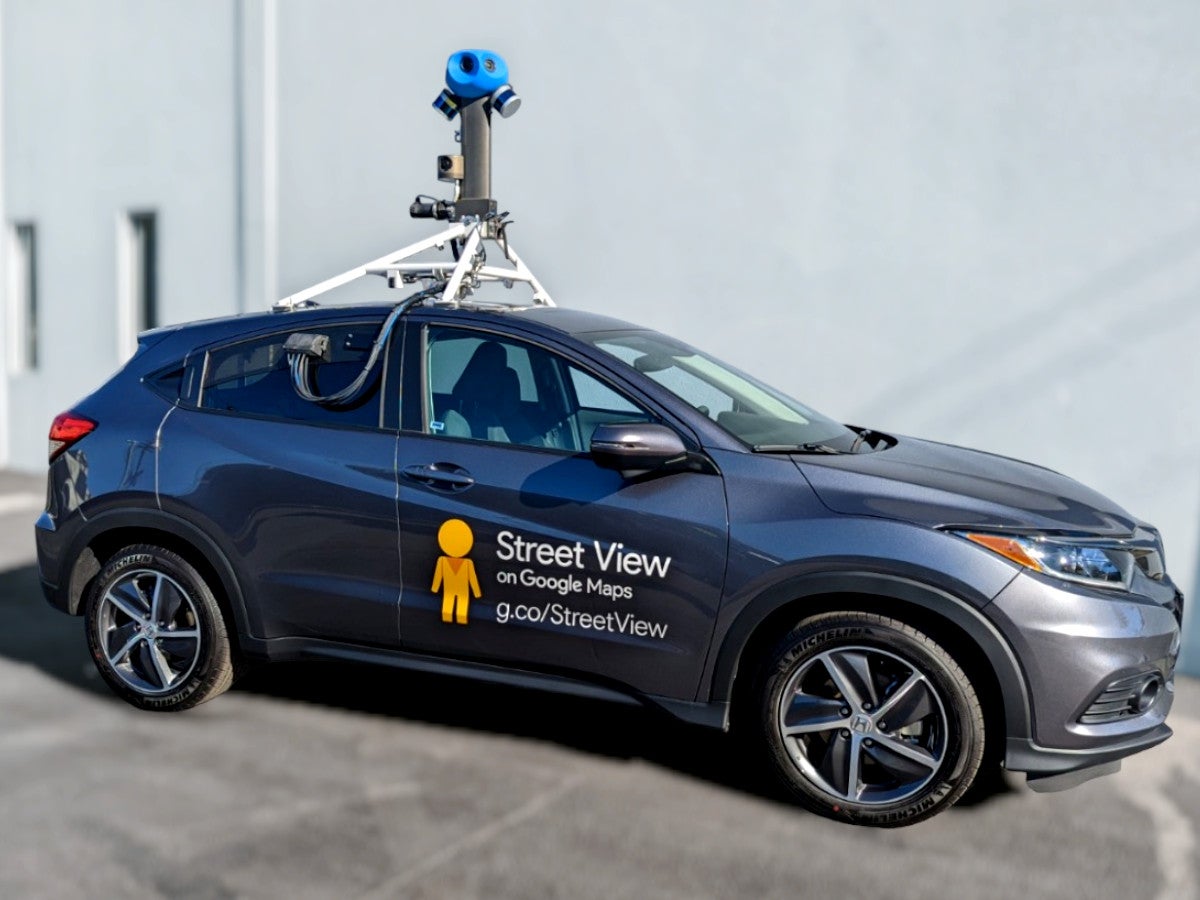In the realm of digital exploration, Google Street View stands as an evocative innovation that invites users into a hyperreal tapestry of geographical narratives. It provides a unique lens through which individuals can traverse the globe without moving from their armchairs. However, the advent of this technology is not without its share of controversy, as it grapples with complex ethical and privacy dilemmas that challenge its very essence.
When Google Street View was launched, it promised an unparalleled shift in perspective—a virtual window into the world’s streets. Users could embark on endless expeditions, from the majestic avenues of Paris to the hidden alleyways of Tokyo. This functionality has piqued the curiosity of many, transforming mundane navigation into a fascinating journey. Yet, beneath the allure of exploration, questions regarding consent and surveillance loom large.
Critics have raised concerns about the ubiquitous camera-equipped vehicles that silently roam neighborhoods and public spaces. The seamless capture of streetscapes often results in unintended consequences. Many individuals find themselves unwittingly featured in a digital panorama, raising issues of privacy infringement. What happens to the right to anonymity in an increasingly digitized society? Such queries ignite fervent debate among privacy advocates and tech enthusiasts alike.
Moreover, the implications of this technology extend beyond individual privacy. Neighborhoods once shrouded in tranquility have suffered the consequences of anonymity disappearing under the glare of digital exposure. A simple stroll through a familiar locale can transform into a spectacle, eliciting mixed reactions from residents. While some embrace the visibility, others yearn for the days when their private lives remained untouched by the lens of technology.
The ramifications stretch further—potentially impacting businesses and local economies. Landmark establishments that once thrived on foot traffic now contend with the digital representation of their facades. Some have witnessed declines in patronage as virtual tours displace physical exploration, intertwining the narratives of commerce and technology into a complex fallout. Thus, the allure of exploration often collides with the pragmatic realities of everyday life.
In response to these challenges, Google has taken measures to establish parameters aimed at safeguarding privacy. The option to blur faces and license plates reflects a commitment to mitigate unwanted exposure. Yet, the efficacy of such measures remains a point of contention. Does anonymizing a select few truly assuage the broader concerns regarding pervasive surveillance? One cannot discount the tension between innovation and ethical responsibility.
As society navigates this intricate landscape of digital exploration, the conversation surrounding Google Street View endures. It serves as a microcosm of the larger struggle between technological advancement and the preservation of personal liberties. As we peer through this virtual lens, it becomes imperative to question not just what we see, but what remains unseen in the shimmering facade of progress.
